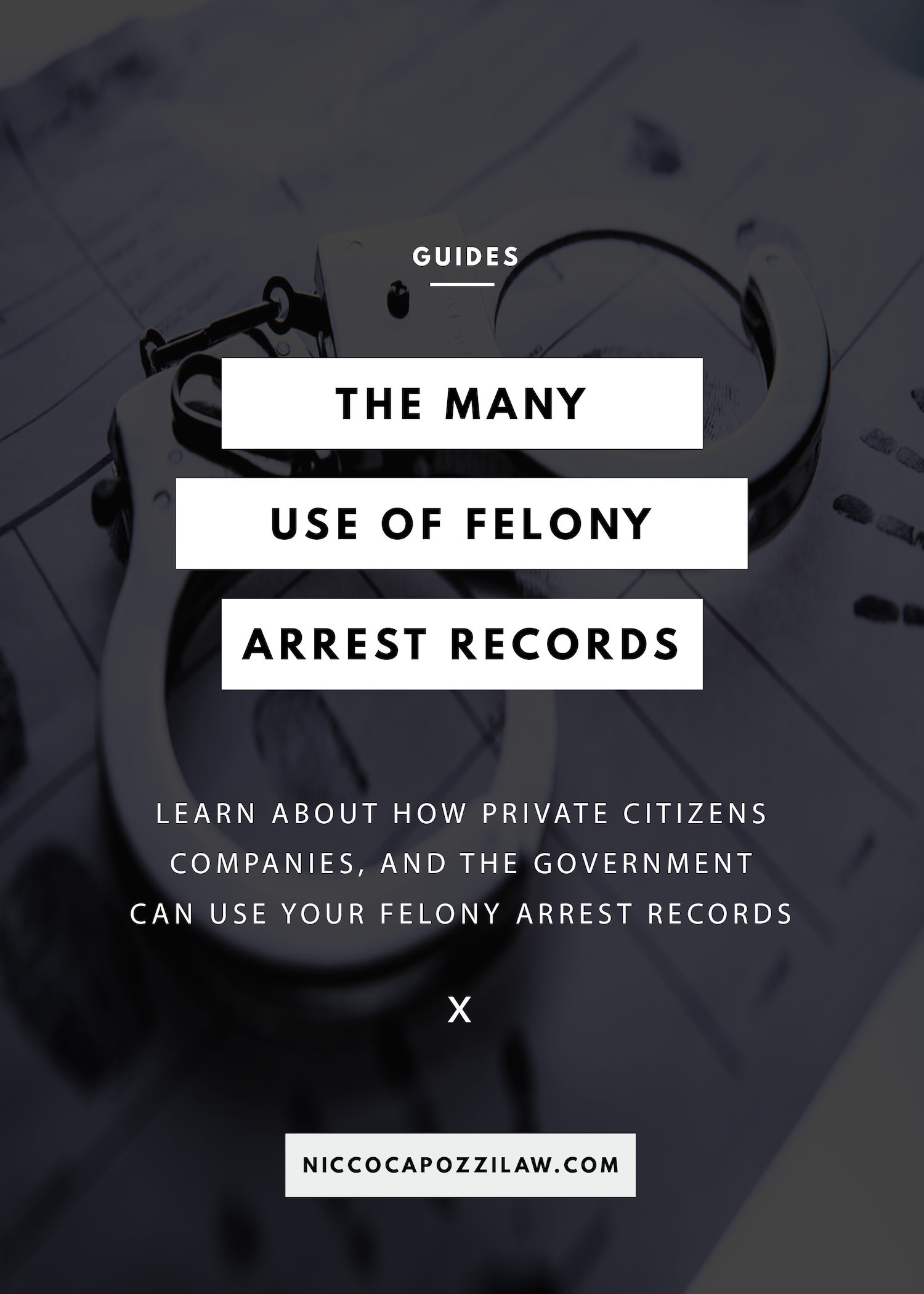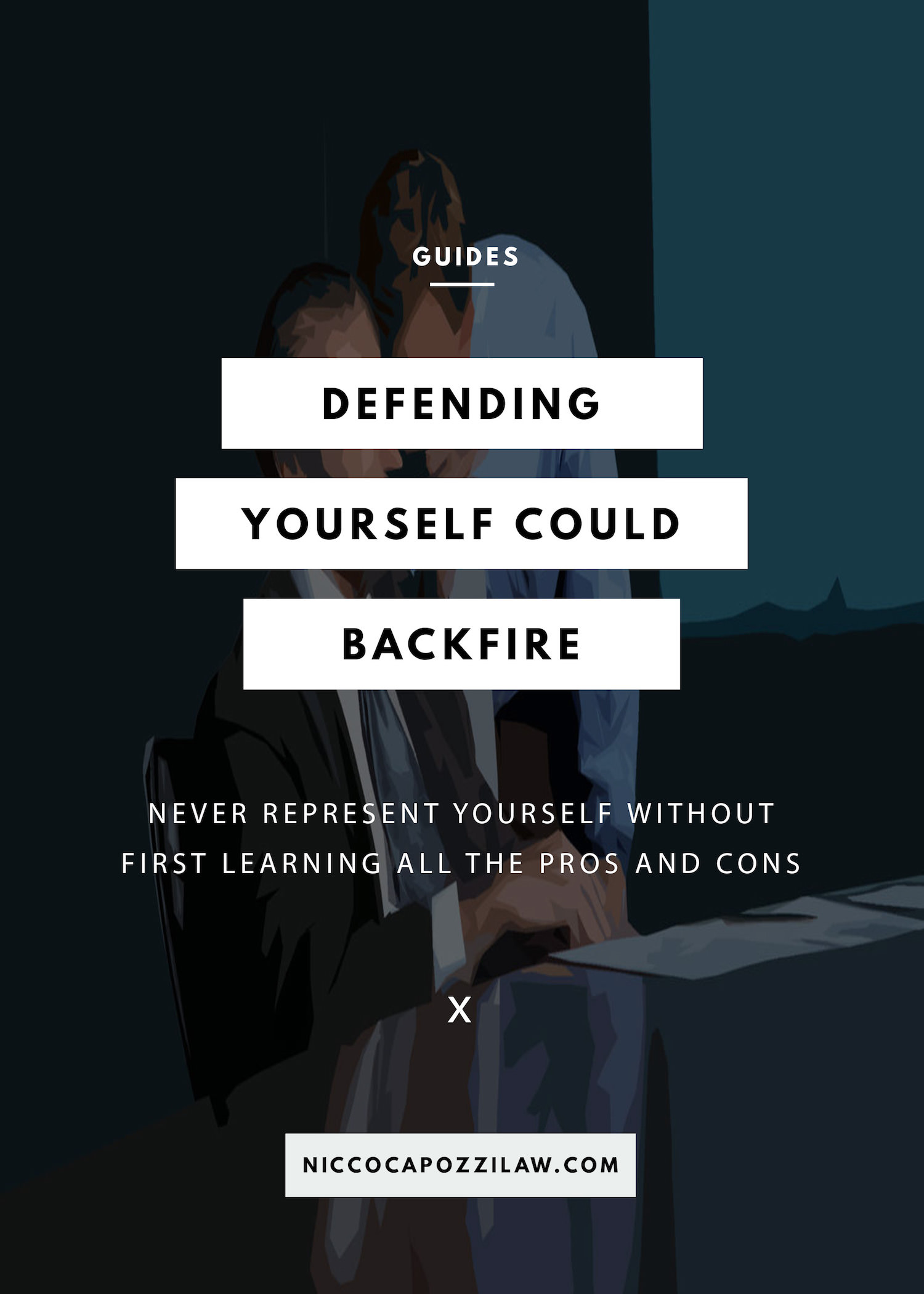I recently read an article from the New York Daily News that approximately sixty (60) New York Police Department police officers would begin to wear body cameras while on duty.
The pilot program evidently is intended to help de-escalate would be confrontations between police and citizens.
According to the article, the "pilot program was ordered by U.S. District Judge Shira Scheindlin in a 2013 verdict that found the NYPD’s use of the stop-and-frisk tactic was unconstitutional because it targeted minority communities."
Given the wake of violent police encounters dominating the news lately, especially in Fegurson, Missouri with the tragic death of Michael Brown, cameras on police are not a bad thing when the goal is to curb overzealous police activity, such as the unlawful use of excessive force upon a citizen. NYPD Commissioner Bill Bratton agrees, at least in part.
But Commissioner Bratton expects there to be another purpose -- to yield valuable evidence for use in trials: “The idea is the person understands that they are being recorded and there is an ability to test the veracity (of a person’s account) through the use of the camera devices,” Bratton said.
If security of police and citizen is the paramount concern I am board. But like so many ideas that are offered in the name of security, there are many minuses that come along. That is, when security is offered as a rationale for police action, at the other end of the spectrum there is always the issue of personal liberty. In fact, the two exist on opposite ends of what I like to think of as the continual balance between police power and individual rights.
The Constitution, after all, is document with this very balance at its center. On the one hand, the Constitution provides the government with tremendous power to regulate its citizens and protect its borders. To curb this power, which historically has always attempted to grow ever-more powerful without proper checks, the Framers created the Bill of Rights -- a set of declaration that specifically halt over-reaching governmental power as it relates to its citizens. Put in the body camera example: the police will start wearing body cameras to protect police and citizens from clashes but, as Commissioner Bratton also states, the cameras will have the added benefit of providing stronger evidence of guilt at the citizens later trial. The two theories of the camera directly impact the second half of the balance of power by implicating the citizens individual rights.
Specifically, the individual has several impacted rights: the right to privacy, the right to be free from searches and seizures without warrants and probable cause, the right to remain silent and to have an attorney present during interrogation. If the camera is pointed on the people, at all times, do we not have a quasi 1984 system of government, one where Big Brother is always watching?





